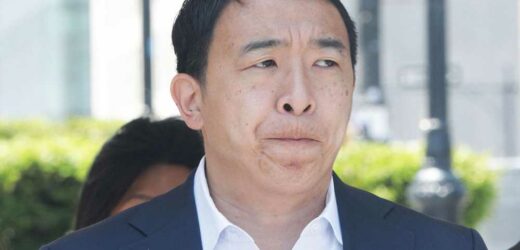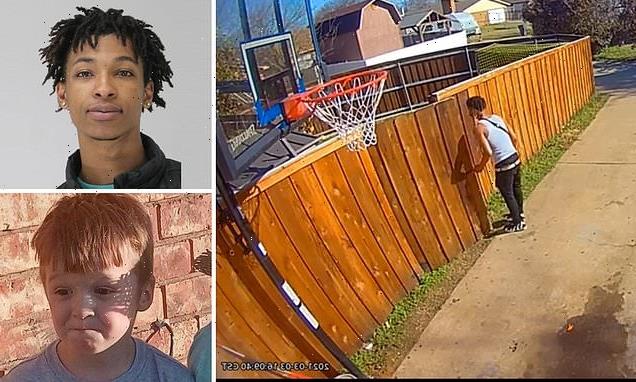More from:
Nicole Gelinas
People need to trust vaccines — not be bribed to get them
Data proves it: Pandemic is no excuse for NYC's rising tide of violent crime
NYC's second-tier mayoral candidates have lots to offer discerning voters
Another subway murder and Blas & Co. are still denying crime realities
Safety, comfort: How NYC's next mayor can lure back commuters who left
Andrew Yang wants to seize control of Gotham’s subway and bus system from Gov. Cuomo — something that will never happen. There is nothing wrong with suggesting things that won’t happen. But the way Yang is going about it is a reminder that though it’s good to have a fresh face in politics, “fresh” shouldn’t mean “ignorant.”
Last week, Yang re-unveiled one of his signature proposals: “The plan is to take the case to Albany and the people of New York that the mayor should have control over the way that most New Yorkers get around.” The good arguments for this are familiar, because City Council Speaker Corey Johnson proposed them while contemplating his own mayoral run.
It makes democratic sense for officials closest to residents to be accountable for a critical public service. Former Mayor Mike Bloomberg made the same point 20 years ago, in taking over the schools. And it makes practical sense for the same agency that controls bus lanes(the city Transportation Department) to control the actual buses. But Yang’s proposal makes no sense on a fiscal and political plane.
The subways and buses don’t fund themselves with passenger fares. In a normal year, they take in about $4.4 billion, nearly half their revenues, from a slew of state taxes. There’s a petroleum tax, a tax on downstate payrolls, a sales tax and on and on.
The state Legislature and various governors have approved these taxes over 40 years, and they’ve done so because the state maintains control. Why can’t the city levy these taxes itself? Yang’s transit adviser, James Rubin, said last week that is what would happen. “The point is not to unwind the operating revenues,” he said. “The actual flow of revenue is not gonna change one bit.”
But this gets to the fundamental tension between city and state.
The city (when it isn’t in a historic pandemic that has cost it hundreds of thousands of jobs) has lots of economic power, since it has the jobs and the people. But the state maintains political and fiscal power. Aside from the property tax, the city can’t impose any tax itself; it needs Albany’s permission.
The state would never give the Big Apple autonomy over a huge swath of taxes, because then the city, combined with its natural economic power, would be far more powerful than the state.
The mayor really would be more powerful than the governor, which no governor wants.
Then there is what would happen to the MTA’s $49.4 billion in debt, most of which is for city projects. Would the city guarantee it? The city then wouldn’t have money for its own important projects, like rebuilding the Brooklyn-Queens Expressway.
A candidate hellbent on taking over transit despite these obstacles has a couple of options.
He could propose a 10 percent surcharge on property taxes to fund transit. (This actually makes some policy sense, as property can’t go anywhere, and the value of property depends on functional transit.)
Or he could assert a city right, not a state right, to impose congestion pricing. Some smart lawyers have long claimed that the city could call congestion pricing a fee, not a tax.
But Yang didn’t suggest those things — and he seemed unaware of basic transit realities.
It is fine not to know all the intricacies of MTA debt. But he didn’t seem aware that the toll money from the Triborough and other bridges and tunnels is supposed to go along with the transit system, since “extra” money from bridge crossers in cars helps defray transit deficits.
He also said he needed to control the transit system to control subway crime. It’s laudable that he wants to cut crime — but the mayor already fully controls transit police.
These hurdles existed when Johnson suggested much the same thing in 2019. But two things were different.
First, Johnson’s staff, in a 104-page report, indicated a fluency of the fiscal and political issues.
Second, we didn’t have a pandemic. Right now, the transit system, with 40 percent of pre-COVID passengers, is running itself reasonably well, thanks to massive federal funding. The biggest deterrent to rebuilding ridership is crime.
Candidates should be focused on bigger emergencies — not on setting up their first six months in office for a humiliating loss to Cuomo.
Nicole Gelinas is a contributing editor of City Journal.
Share this article:
Source: Read Full Article



